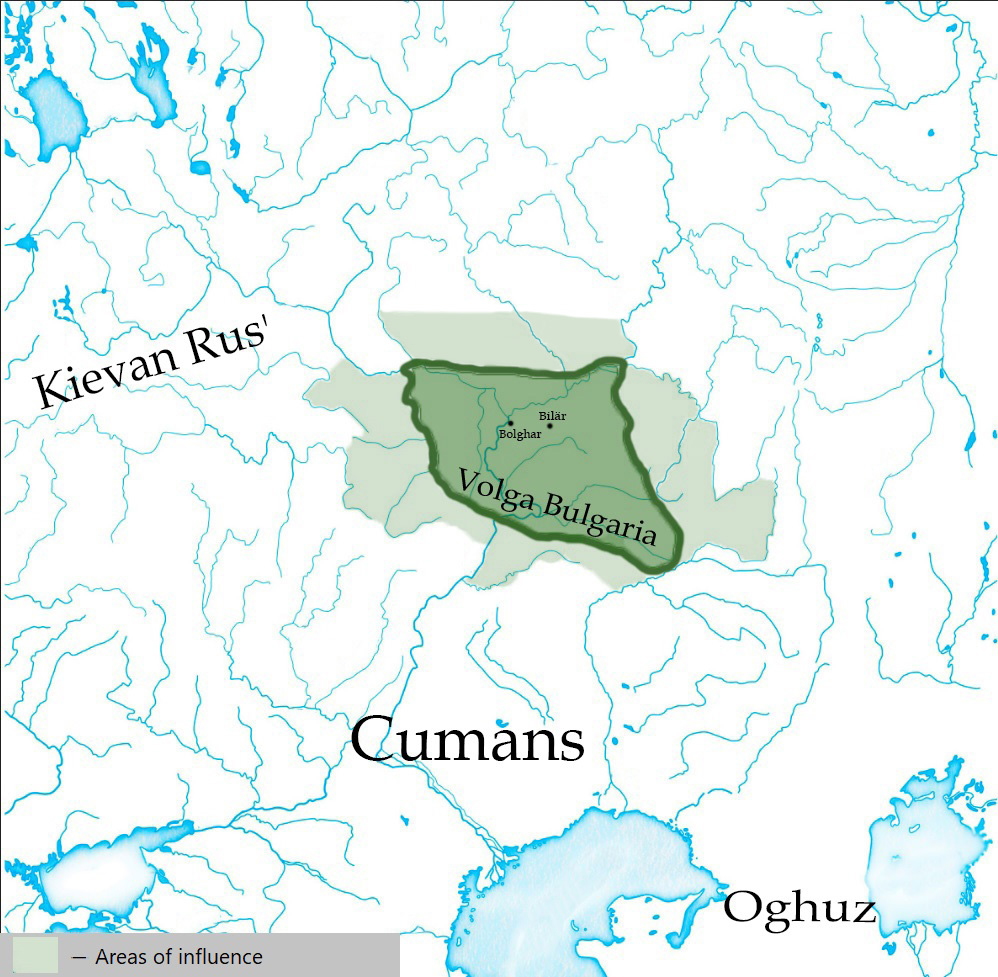Цеца се спаси од затвор
09.05.2011
Цеца Ражњатовиќ
Фолк пејачката Цеца Ражњатовиќ се спаси од затворска казна, откако Вишиот суд во Белград го прифати договорот на обвинителството таа и нејзината сестра Лидија казната да отслужат во куќен притвор.
Цеца минатиот месец се договори со обвинителството да признае дека против-правно присвоила пари од трансфер на фудбалери на фудбалскиот клуб „Обилиќ“ и без дозвола чувала 11 пиштоли, во замена за една година домашен притвор и милион и пол евра парична казна.
Сестрата на Цеца се договори со обвинителството да признае дека и помагала во трансферите на фудбалери, во замена за шест месеци домашен притвор.
It looks like a lot of that 1.5 million euro was raised from her Macedonian fan club that attended her concerts.
09.05.2011
Цеца Ражњатовиќ
Фолк пејачката Цеца Ражњатовиќ се спаси од затворска казна, откако Вишиот суд во Белград го прифати договорот на обвинителството таа и нејзината сестра Лидија казната да отслужат во куќен притвор.
Цеца минатиот месец се договори со обвинителството да признае дека против-правно присвоила пари од трансфер на фудбалери на фудбалскиот клуб „Обилиќ“ и без дозвола чувала 11 пиштоли, во замена за една година домашен притвор и милион и пол евра парична казна.
Сестрата на Цеца се договори со обвинителството да признае дека и помагала во трансферите на фудбалери, во замена за шест месеци домашен притвор.
It looks like a lot of that 1.5 million euro was raised from her Macedonian fan club that attended her concerts.






Comment